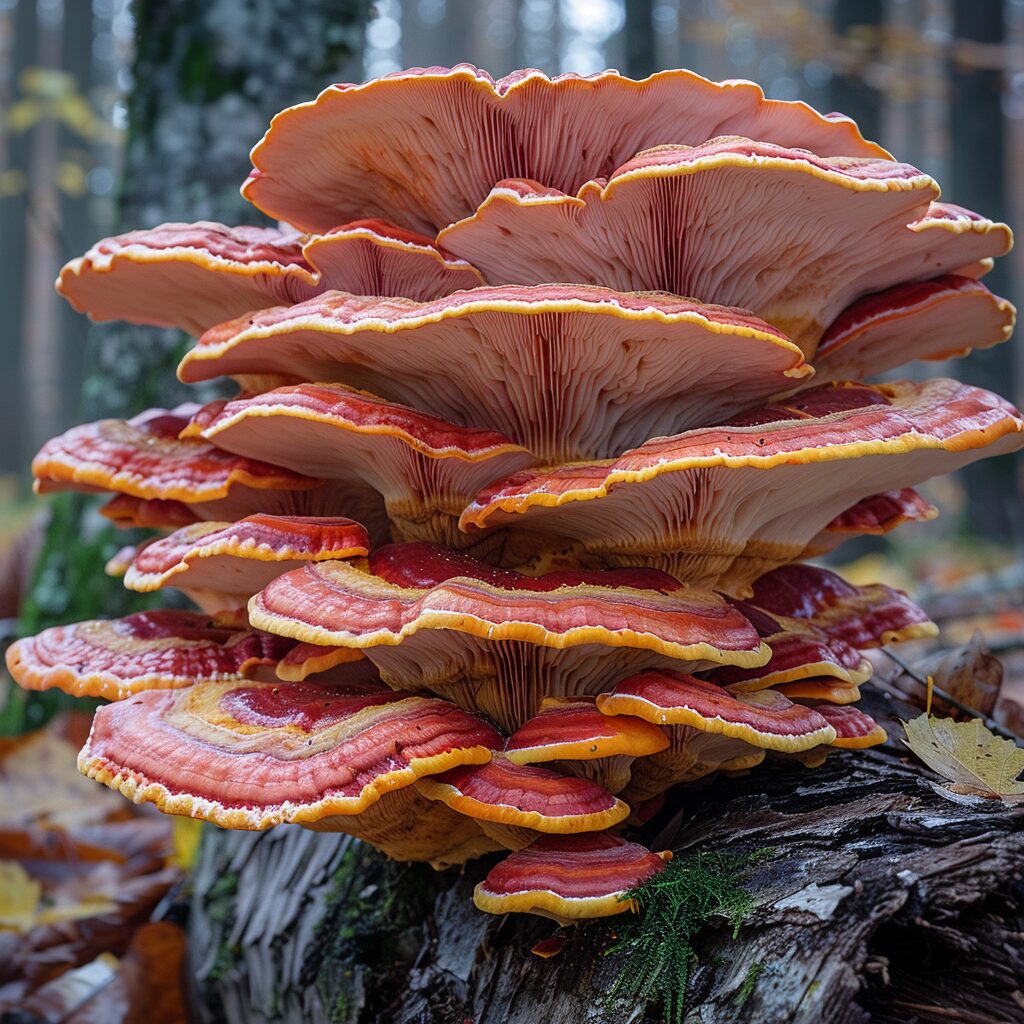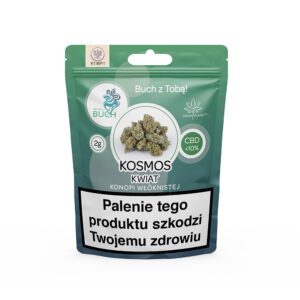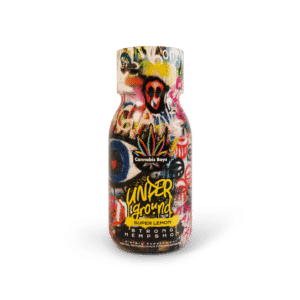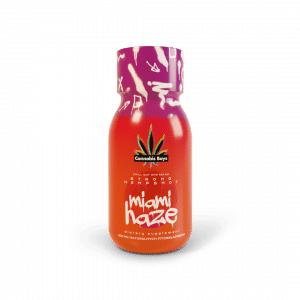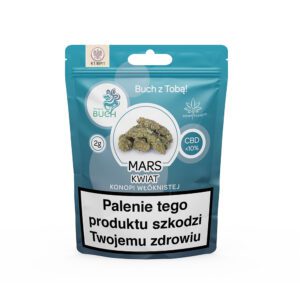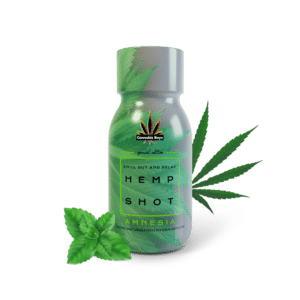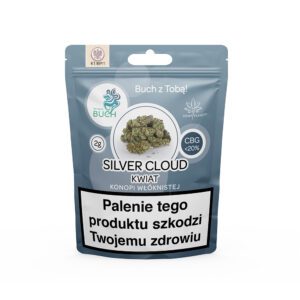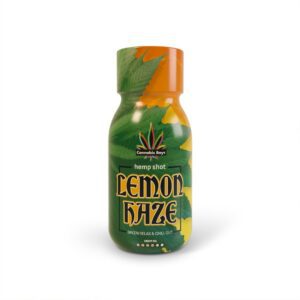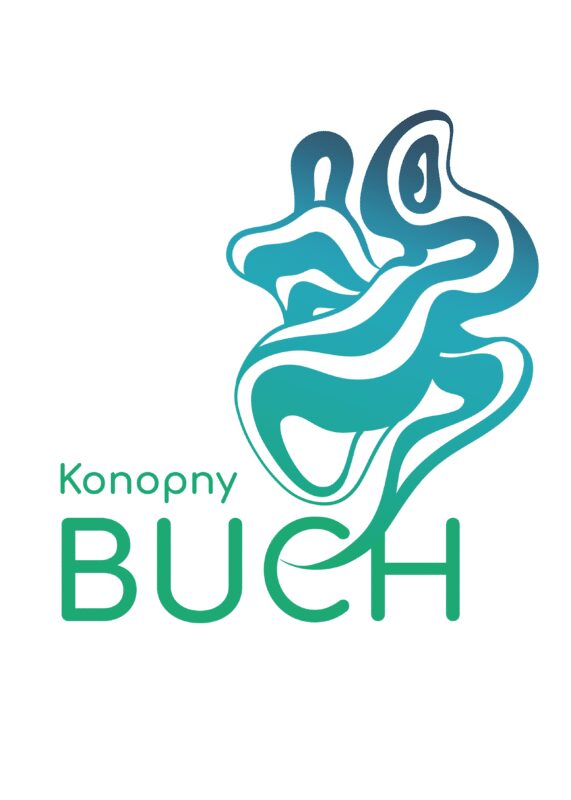Reishi mushroom has become the subject of numerous modern scientific research. They show that it has the potential to become the basis for antidepressants, immunomodulators, anti-inflammatory and anticancer drugs. In this article, we describe the results of several studies on the yellowstem lichen.
Reishi – a longevity mushroom in traditional Chinese medicine (TCM)
Reishi mushroom ( Ganoderma Lucidum) was traditionally used in China by Taoist Buddhist monks. It was intended to support their meditation practices, cultivate inner peace, improve concentration and open the way to a long, healthy life.
The characters that make up the Chinese name of the Reishi mushroom represent magical or divine properties, and it has been referred to as "mushroom of immortality", "mushroom of spiritual power" and "spiritual plant".
Reishi was listed among the highest-class tonics in the famous text of Chinese medicine, Shen Nung Ben Cao Jing (206 BC–8 AD). Plant substances of this class were particularly valued, they were believed to extend life, prevent aging, strengthen chi, and make the body light and flexible.
Reishi was said to heal the feeling of tightness in the chest, strengthen the heart, nourish the center, sharpen the mind and improve memory. It was also supposed to have a beneficial effect on "character virtues".
Modern scientific research on the Reishi mushroom
According to modern scientific knowledge, mushrooms can be used as functional foods or medicines for the prevention and treatment of several chronic diseases because they are a rich source of bioactive metabolites.
In a review of research conducted between 2015 and 2020, we read that preclinical studies have demonstrated the pharmacological potential of Reishi in diabetes, inflammation, epilepsy, neurodegeneration, cancer, anxiety, sedation, heart disease, depression, liver disease and immune disorders.
How does Reishi work on the body?
Polysaccharides contained in Reishi and the immune system
Lemonwort contains compounds that are commonly used in medicine, nutrition and cosmetology. According to researchers , the polysaccharides (polysaccharides, complex sugars) found in Reishi, which are its most important bioactive compounds, deserve special attention
According to the data collected in the study, polysaccharides are responsible for the anticancer, anti-inflammatory and immunomodulatory effects of Reishi. Polysaccharides from the gallwort may potentially be used to regulate the immune system.
Active polysaccharides from Ganoderma play an important role in regulating the immune response, which may include, among others: immune defense against cancer, viruses, bacteria and fungal pathogens. It works through lymphocytes and myeloid cells (cells with immunosuppressive effects, expressed, among others, by activation of regulatory T lymphocytes and inhibition of the activity of cytotoxic T lymphocytes).
Moreover, communication between various cells of the immune system leads to enhanced production of cytokines and antibodies, even in the presence of other stimuli, such as LPS and pro-inflammatory factors.
Polysaccharides contained in Reishi and depression and anxiety
The study found that administration of Reishi produced a rapid and effective antidepressant effect in mice 60 minutes after administration. The effect persisted after 5 days of treatment with the mushroom extract. Reishi extract did not cause hyperactivity in the tested mice. The antidepressant effect was confirmed in a mouse model of chronic social stress depression (CSDS).
Researchers suggest that the antidepressant effect was related to the effect of polysaccharides contained in Reishi on specific Dectin-1 receptor cells in the brains of mice. This study identified Reishi, which activates Dectin-1, as a potential new and rapid antidepressant drug with clinical potential and multiple beneficial mechanisms, especially in regulating the neuroimmune system.
Scientists point to the need to collect clinical data that would enable testing of the safety and effectiveness of specific doses of Reishi extract, which in turn would allow the development of drugs. However, it seems that everything is ahead of us, because data on functional mushrooms is systematically increasing.
Sources:
Nahata A et al, Ganoderma lucidum: A Potent Medicinal Mushroom with Numerous Health Benefits, Pharmaceut Anal Acta 2013: https://www.researchgate.net/profile/Alok-Nahata/publication/259493336_Ganoderma_lucidum_A_Potent_Medicinal_Mushroom_with_Numerous_Health_Benefits/links/00b7d52 A-Potent-Medicinal-Mushroom-with-Numerous-Health-Benefits.pdf
https://onlinelibrary.wiley.com/doi/10.1002/ptr.7215
Haoran L et al, Ganoderma lucidum polysaccharides ameliorated depression-like behaviors in the chronic social defeat stress depression model via modulation of Dectin-1 and the innate immune system, Brain Research Bulletin , 2021: https://www.sciencedirect.com/science /article/abs/pii/S0361923021000721
Ren L et al, Immunomodulatory activities of polysaccharides from Ganoderma on immune effector cells, Brain Research Bulletin , 2021: https://www.sciencedirect.com/science/article/abs/pii/S0308814620317957
